|
Children on the Edge are working to ensure Early Childhood Development provision for the youngest Congolese refugee children in Uganda, that is genuinely community-led, and therefore inherently sustainable. Read more about our approach in Kyaka II and how we partner with local communities. Together with the refugee communities of Kyaka II settlement in Uganda, we are working to provide early childhood education and support to thousands of young children. Through 30 Early Childhood Development (ECD) centres and a new pilot programme providing community based ‘cluster group’ learning, we are supporting local refugees to give their children the best start in life. BACKGROUND Home to over 125,000 Congolese refugees fleeing violence and conflict; Kyaka II settlement has quadrupled in size over the past three years and is now populated well beyond its intended capacity. When Children on the Edge first began to spend time talking with the refugee community in Kyaka II, it became clear that , whilst a number of NGOs were providing basic primary education, Early Childhood Development (ECD) provision for the youngest children remained limited and was overlooked by other organisations. What was impressive, was that 30 different communities across the vast 81.5 ㎢ settlement, were each working with great dedication to provide early learning opportunities for their youngest children. But with little to no support, most groups were using dilapidated wood and mud shelters as pre-schools, or making use of old tents. They were facilitating lessons with no training and few learning materials, meaning that, in reality, they were offering basic childcare, but did not have access to the necessary resources to ensure strong educational and developmental outcomes. OUR APPROACH Our biggest priority when we began working with communities in Kyaka II was to support early years provision that was genuinely community owned, community managed, and inherently sustainable. These 30 community-led centres, in all their forms, were already running before we arrived and they continue to be fully owned by the communities. The noticeable pattern in Kyaka II had been the arrival of international NGOs who tended to focus more on the construction of learning centres, instead of developing long term local relationships or establishing any kind of lasting infrastructure. Once these NGOs depart, many of these programmes do not continue. In contrast, we work alongside the community and, instead of encouraging dependency, we offer our contribution through partnership; supporting their efforts to provide sustainable education for their own children. The community has to be at the heart of the programme, especially parents. This involves:
NEXT STEPS As a result of the Covid-19 pandemic, all the ECD centres have been closed since March 2020. We have had to find creative ways to support teachers and ensure the children have access to learning. This has included providing lessons via a local radio station, facilitating further training for teachers, and providing home learning parcels and support for more than 6,000 children and their parents. Although the pandemic has slowed the renovation work on the centres, there are now 10 centres and a resource centre completed, with two classrooms in each. As we began to research what opening up again post lockdown would look like, we found that demand for early years education was still growing. We quickly began to see that the need could not be contained in the buildings, despite them being far larger than the size of the original mud shelters and tents. To avoid turning children away, we took our lockdown learning and created a new adaptive model. This model not only enables access throughout pandemic restrictions, but expands our reach to meet the increasing need, further engages parents, strengthens sustainability and provides some potential opportunities to support the youngest children aged 0-3, who currently have little attention at such a vital and vulnerable age. COMMUNITY-BASED CLUSTER LEARNING Starting in September 2021, together with the 30 communities that we work with, Children on the Edge Africa are launching a new pilot programme of community-based Early Childhood Development. In each of the 30 communities, cluster learning points have been identified. These are under trees, in peoples houses or other spots where there is shade and that are suitable places for children to learn and with access to latrines. At each cluster point there will be gatherings of up to 10 children, divided into baby, middle and top class age groups. These cluster groups will follow the Ugandan Early Childhood Development curriculum and learning outcomes. Each child will attend a cluster learning group one day a week and will be supported to learn the other four days in their family home. This is an important component of the programme and parents and children will be supported and equipped to do this. Find out more about the Cluster Learning Approach. New teachers are being trained and will carry specially developed kits of ECD learning materials to the venues including tablets to augment the lessons with digital content. Radio lessons will continue to be broadcast five days a week to support the children’s learning. The new teachers will be responsible for the continuation of cluster classes in the community once the ECD centre buildings are back open, ensuring that eventually every child who wants to attend an ECD class in Kyaka refugee settlement will be able to do so, even if there is no available space in the buildings. This pilot is another step towards the overall aim of establishing complete community ownership, independence and sustainability. All decisions will continue to be made by the Centre Management Committees, Cluster Management Committees, the teachers and the wider communities. If there is a problem or an issue we will support the community to come together and find their own solutions. As this new element of the programme evolves, we will continue to adapt, encourage trial and error, flex with the changing circumstances and encourage the kind of fluidity that we know from our experience enables education provision to survive in volatile, refugee situations. Support usComments are closed.
|
RECEIVE OUR EMAILSBlog Categories
All
Archives
July 2024
|
|
JOIN US ON SOCIAL MEDIA
|
Annual Report | Contact Us | Jobs | Media Centre | Resources | Shop
Accessibility & Policies: Accessibility | Equity, Diversity & Inclusion Policy | Complaints| Privacy Policy | Safeguarding
Accessibility & Policies: Accessibility | Equity, Diversity & Inclusion Policy | Complaints| Privacy Policy | Safeguarding
Children on the Edge, 5 The Victoria, 25 St Pancras, Chichester, West Sussex, PO19 7LT, UK | 01243 538530 | [email protected]


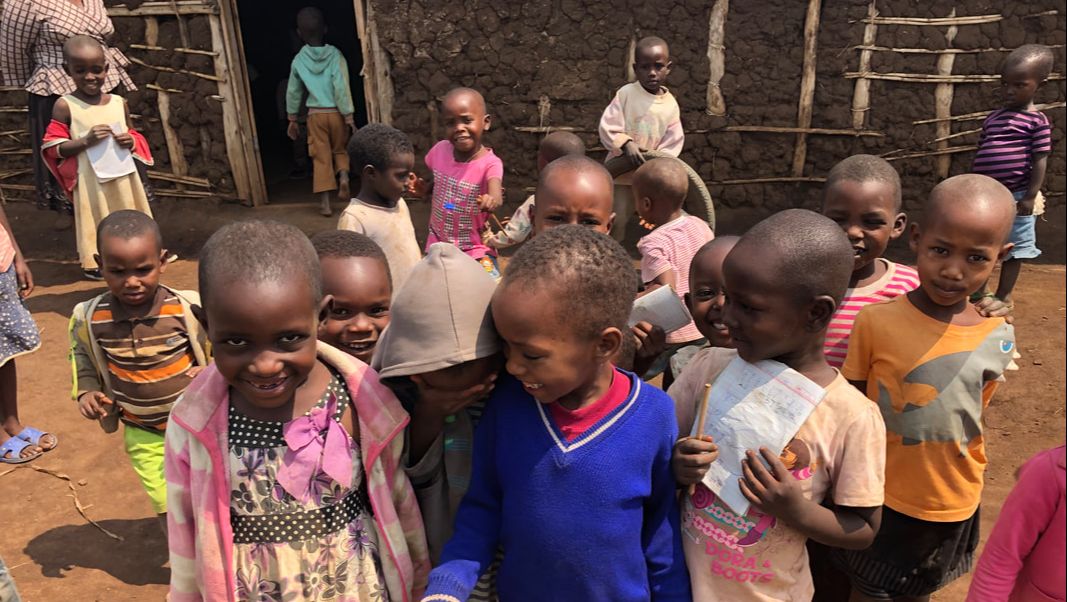
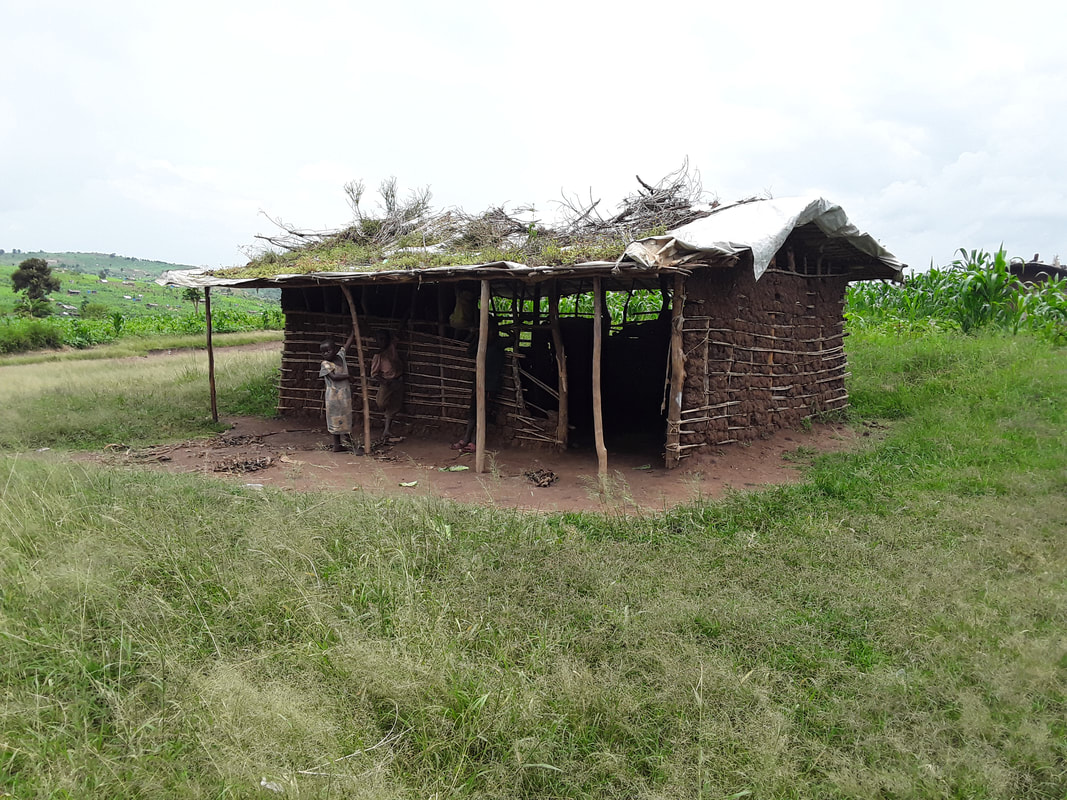
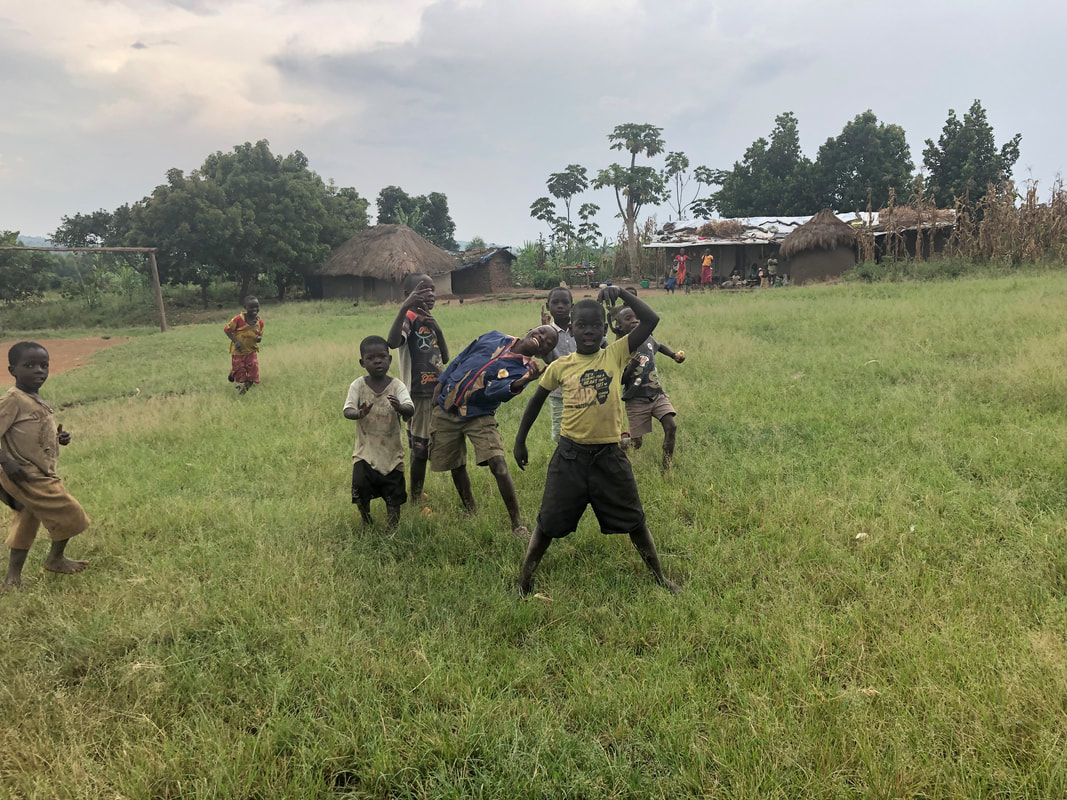
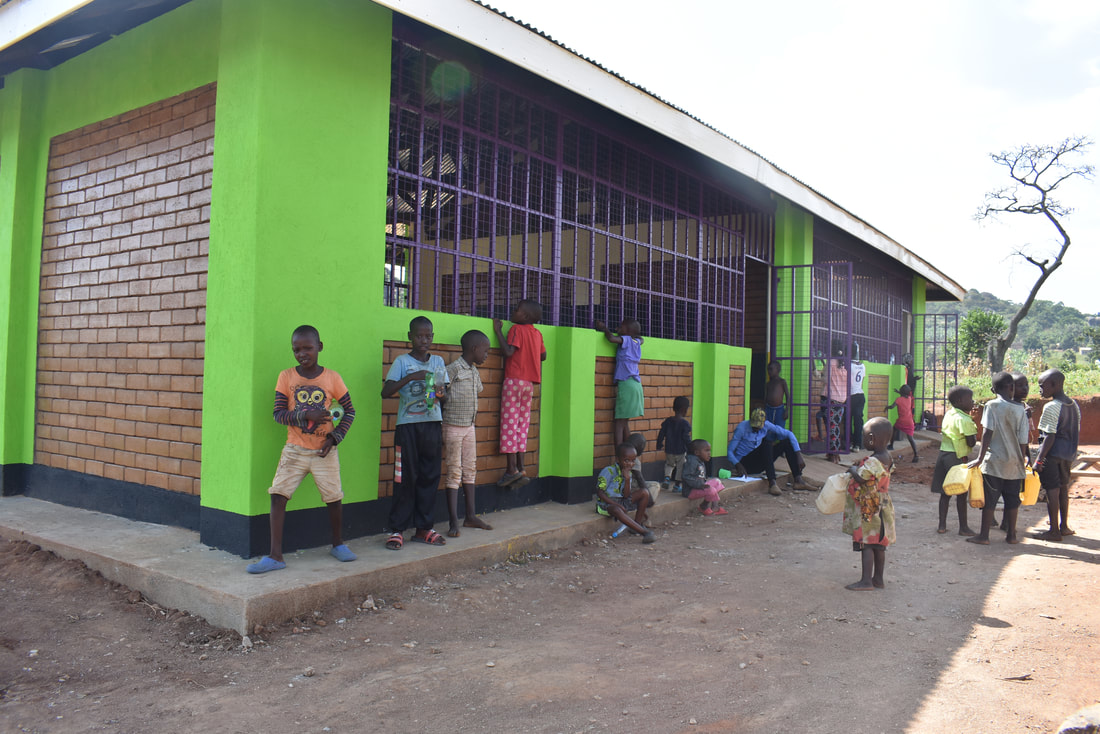
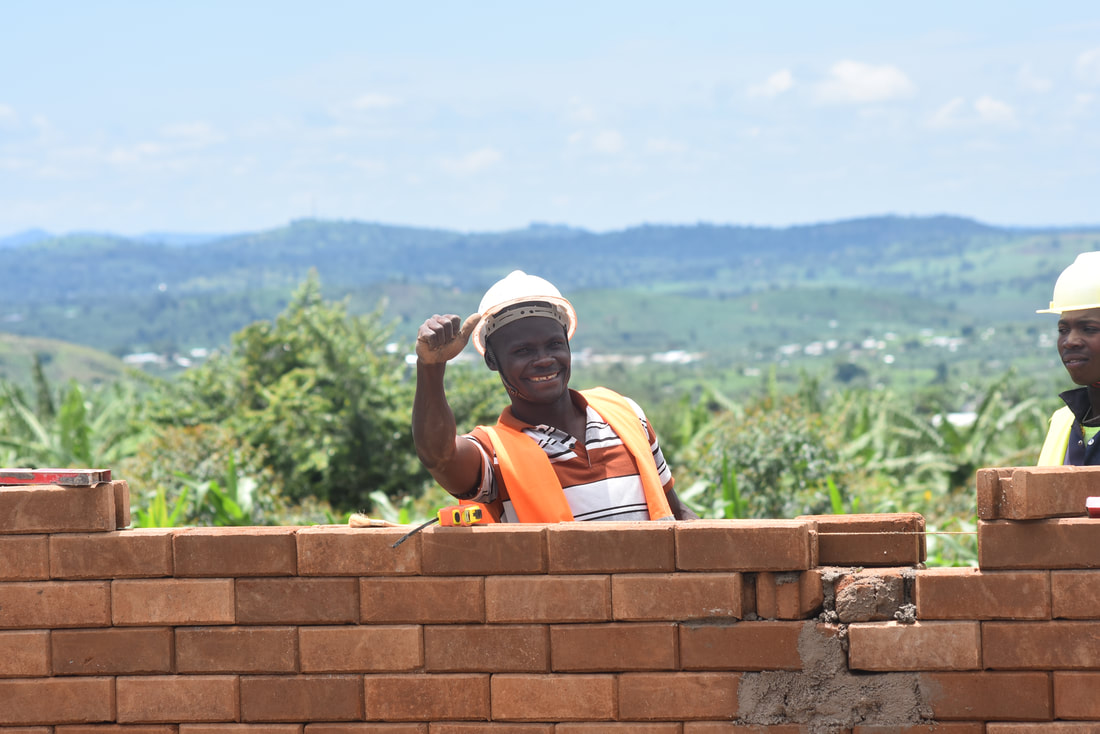
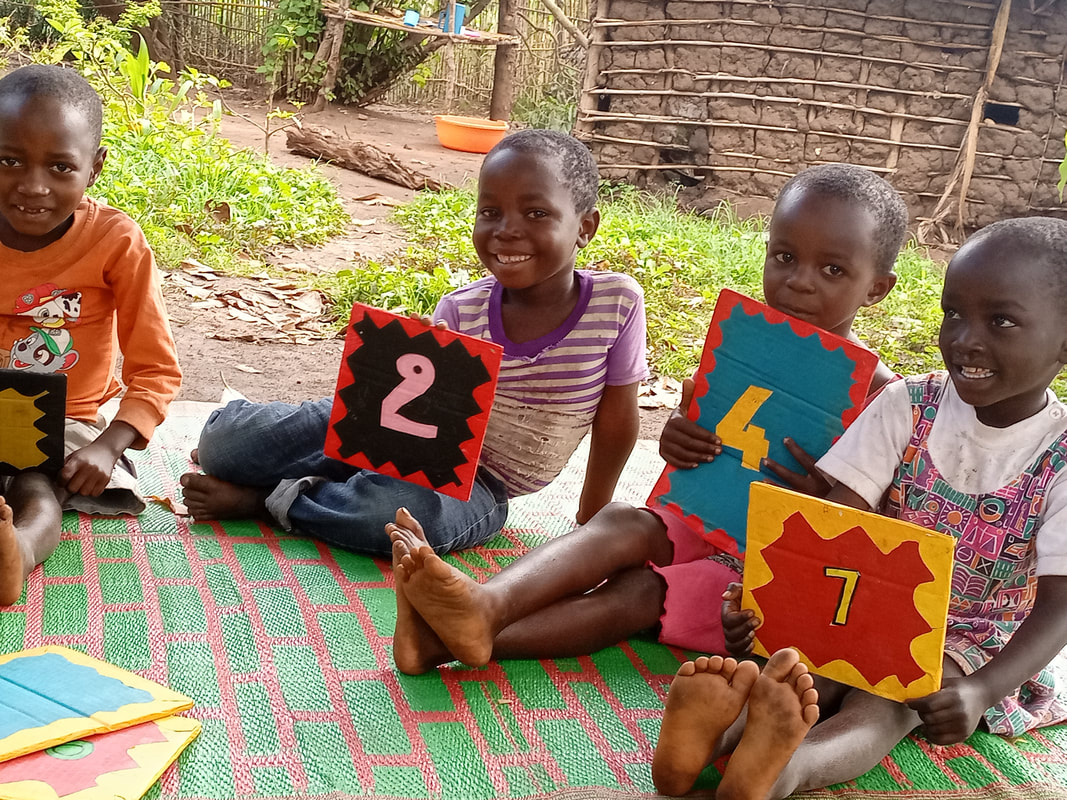
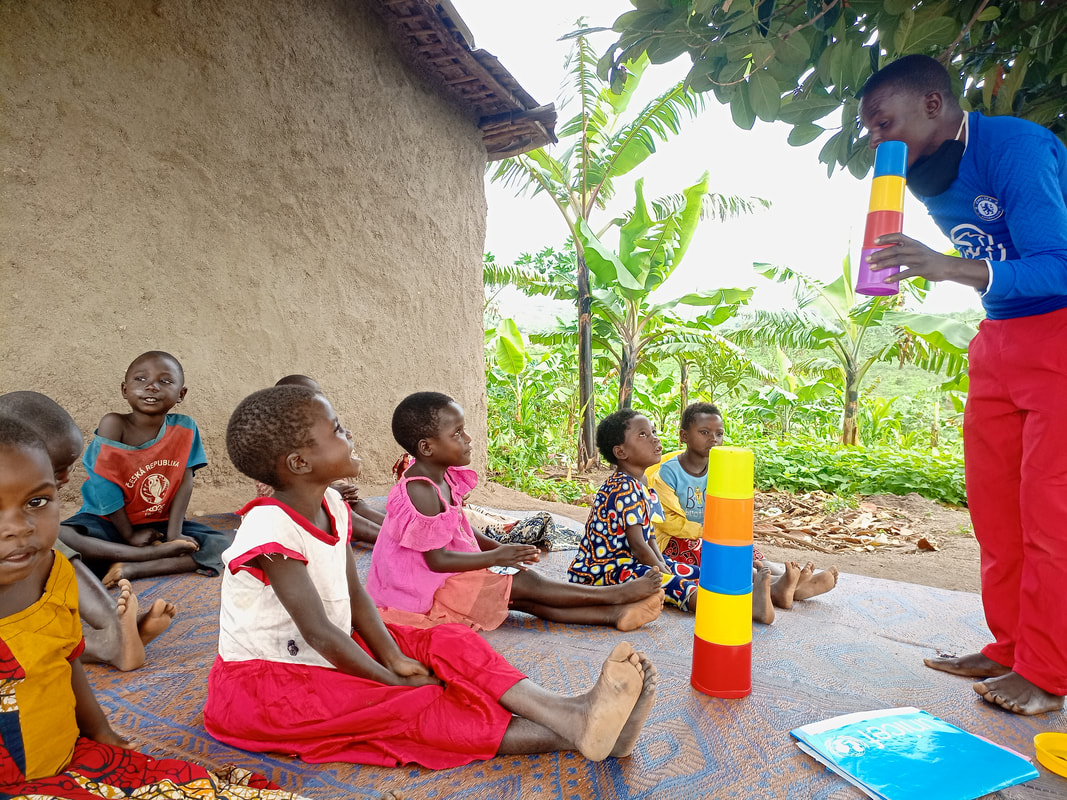
 Give monthly
Give monthly Fundraise for us
Fundraise for us RSS Feed
RSS Feed
